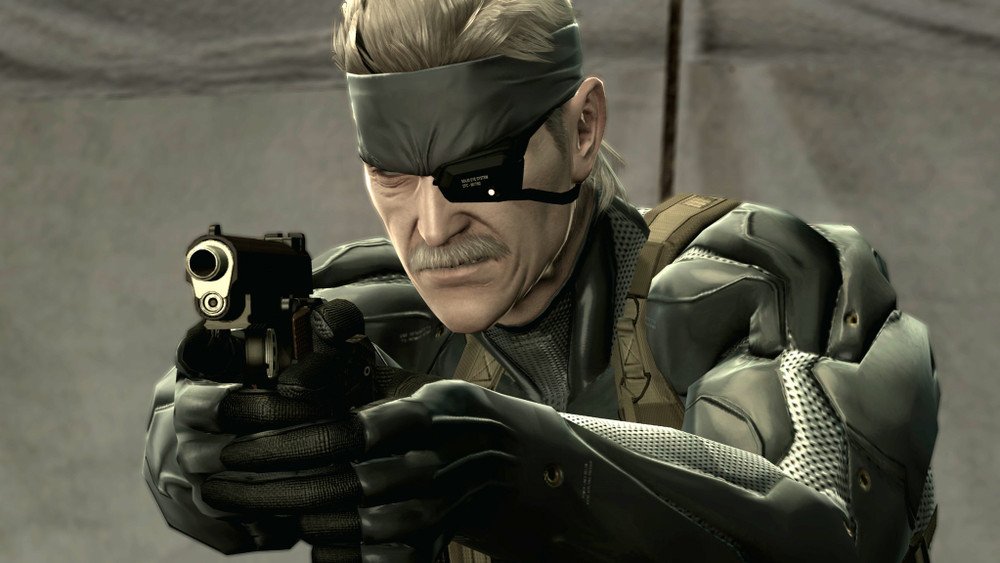
In the evolving world of video game remakes, Metal Gear Solid Delta: Snake Eater emerges as a bold reinterpretation of a timeless classic. Officially titled Metal Gear Solid Δ: Snake Eater, this remake of the iconic Metal Gear Solid 3 reimagines its deep narrative and complex gameplay. A significant addition is the inclusion of a fully modernized third-person mode, which has led Konami to increase the game’s difficulty to retain its hallmark challenge.
The remake offers two distinct gameplay modes: Legacy Style and New Style. Legacy Style faithfully preserves the original 2004 gameplay, featuring a top-down camera and static shooting mechanics reminiscent of early Metal Gear Solid titles. In contrast, New Style introduces a contemporary third-person perspective, enabling players to move and shoot simultaneously. This modern approach fundamentally alters the game’s dynamics, allowing greater mobility and a broader field of view, which simplifies enemy encounters compared to the original’s stationary shooting mechanics.
To address this shift, Konami rebalanced the difficulty to maintain the franchise’s traditional challenge. Creative producer Yuji Korekado explained in an interview with Famitsu (translated by Automaton) that calibrating the two modes was vital to delivering a consistent level of difficulty, regardless of the gameplay style chosen.
Set to launch in 2024 for PlayStation 5, Xbox Series X/S, and PC, Metal Gear Solid Delta has garnered significant anticipation. The remake aims to stay true to its source material while embracing modern gaming conventions. However, early impressions, such as those shared by IGN España, describe the remake as “playing it safe” due to its strict fidelity to the original and a lack of substantial creative changes—a common critique in the current wave of video game remakes.
These updates in Metal Gear Solid Delta reflect a broader trend in the gaming industry: preserving beloved classics while modernizing their mechanics. This dual approach allows new players to experience iconic titles through contemporary gaming lenses while giving long-time fans a fresh yet nostalgic journey.
Gamers seeking a blend of classic and modern experiences can also explore titles on platforms like Free Crazy Games and Play Best Games Online. From action-packed quests to strategic challenges, these platforms cater to various gaming styles, offering a rich selection of experiences for players of all ages.
Meanwhile, fans of open-world games are abuzz with reports that Guerrilla Games is developing an ambitious live service game, tentatively called Horizon Online. Following the success of Horizon Zero Dawn and Horizon Forbidden West, Guerrilla is reportedly expanding the Horizon universe into the live service genre. Known for its blend of futuristic and prehistoric themes, the Horizon franchise may soon deliver continuous content updates and collaborative online gameplay.
Live service games, popularized by titles like Fortnite and Destiny 2, thrive on seasonal events, new challenges, and regular updates, keeping players engaged over time. Horizon Online could introduce cooperative exploration, large-scale battles against mechanical creatures, or competitive PvP (Player vs. Player) modes, presenting fans with an entirely new way to interact with this rich world. Although details remain scarce, this pivot to multiplayer and live service models marks an exciting evolution for the franchise.
As we anticipate Metal Gear Solid Delta and the potential of Horizon Online, these projects highlight the delicate balance of respecting a game’s legacy while pushing the boundaries of innovation. Whether reimagining a classic or pioneering a new direction, both titles promise thrilling experiences that cater to diverse gaming audiences.